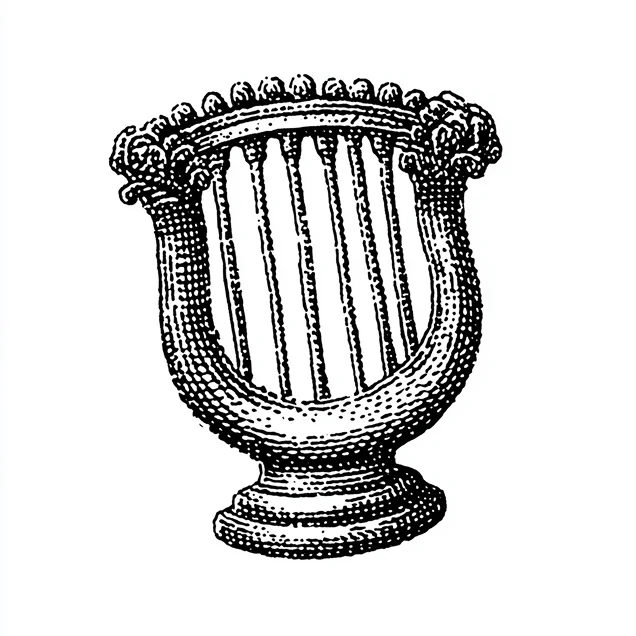The decision that shouldn't be driven by emotion
Buying a home is one of the biggest financial decisions you'll ever make, yet most people approach it backwards. They fall in love with a house, then try to make the finances work. Or they assume that renting is "throwing money away" without running actual numbers.
Here's the reality: buying isn't always better than renting, and your primary residence should be viewed as a home first, not an investment. The key is making sure the house fits into your financial plan: not forcing your financial plan around the house.
The real cost of homeownership
It's not just the mortgage payment. Your true monthly housing cost includes:
- Mortgage principal and interest
- Property taxes (which can increase annually)
- Homeowner's insurance
- HOA fees (if applicable)
- Maintenance and repairs (typically 1-2% of home value per year)
- Utilities (often higher than apartments)
Plus significant upfront costs:
- Down payment (typically 10-20% of purchase price)
- Closing costs (2-5% of purchase price)
- Moving expenses
- Immediate repairs or improvements
A $500,000 home might require:
- $100,000 down payment (20%)
- $15,000 closing costs (3%)
- $115,000 total upfront (money that's no longer available for other investments)
Financial rules of thumb for home buying
All-in monthly housing costs: ≤ 30-35% of gross income This includes mortgage, taxes, insurance, maintenance, and HOA fees. Going higher limits your financial flexibility and ability to build wealth elsewhere.
Liquidity buffer post-purchase: ≥ 6 months of expenses Homeownership comes with surprise costs. You need cash reserves even after buying.
Down payment: Ideally 15-20% This avoids private mortgage insurance and provides an equity cushion. But don't drain all savings to hit 20%.
Time horizon: Plan to stay 7+ years Transaction costs are substantial. You need time for appreciation to offset buying and selling expenses.
Continued savings ability You should still be able to save for retirement and other goals after homeownership costs.
Key financial tradeoffs to consider
Larger down payment:
- Pros: Lower monthly payments, no PMI, more equity
- Cons: Less liquidity, fewer dollars in investment accounts
Note: PMI = Private Mortgage Insurance. PMI is required when you put down less than 20% on a conventional mortgage. It allows borrowers to qualify for a loan with a smaller down payment — sometimes as little as 3–5% — by transferring some of the lender’s risk to an insurer.
Stretching your budget:
- Pros: Better location or larger home
- Cons: Higher financial stress, less money for other priorities
Buying sooner vs. waiting:
- Pros: Lock in housing costs, start building equity
- Cons: Less time for down payment to compound in investments
Each decision involves opportunity costs. Money spent on housing can't be invested elsewhere, and larger homes mean higher ongoing costs.
When buying makes financial sense
You have genuine location stability Job security, relationship stability, and lifestyle clarity suggest you'll stay put for years.
Rent is rising faster than your income If local rents increase 5-8% annually while your income grows 3%, buying can provide cost predictability.
You can afford the true total cost All-in housing costs fit comfortably in your budget while allowing continued wealth building.
You have substantial emergency reserves Six months of expenses in cash even after buying, to handle surprise repairs or job loss.
Local purchase prices make sense relative to rents In some markets, monthly ownership costs are competitive with rental costs.
Common home buying financial mistakes
Getting approved for too much Lenders will approve you for more than you should spend. Their calculation doesn't account for your other financial goals.
Ignoring opportunity costs That $150,000 down payment could potentially double in the stock market over 10 years.
Underestimating total costs Many buyers focus on mortgage payments and forget about taxes, maintenance, and repairs.
Buying without sufficient reserves Homeownership requires cash on hand for unexpected expenses. Don't spend your last dollar on the down payment.
Treating your home as an investment Primary residences provide shelter and stability, not reliable investment returns.
How to approach the buying decision strategically
Step 1: Define your complete financial picture Current savings, monthly surplus, other financial goals, and true risk tolerance.
Step 2: Calculate realistic total costs Research property taxes, insurance, and maintenance costs in your target area.
Step 3: Stress test different scenarios What if home values don't appreciate? What if you need to move earlier than planned?
Step 4: Compare to renting and investing Run numbers on renting and investing your down payment vs. buying.
Step 5: Ensure the decision supports your broader financial plan Homeownership should enhance your wealth-building strategy, not derail it.
Quick Answers: Home buying questions
"Should I wait until I have 20% down?" Not necessarily. If you're financially stable and can afford PMI, buying with 10-15% down might make sense.
"Is my home a good investment?" Your primary residence provides shelter and potential appreciation, but it shouldn't be your main investment strategy.
"Should I pay off my mortgage early?" Depends on your interest rate vs. potential investment returns, but generally investing wins if your rate is below 5-6%.
"What if home prices drop after I buy?" If you're staying long-term and can afford the payments, short-term price fluctuations shouldn't matter much.
Can Titan help with home purchase planning?
Yes. If you're a Titan client, we can:
- Model the financial impact of homeownership on your overall wealth-building plan
- Help you determine optimal down payment size based on your complete financial picture
- Coordinate home buying with investment strategy to ensure continued wealth building
- Stress test different scenarios to ensure the purchase supports your long-term goals
The goal is making sure your home purchase accelerates rather than derails your path to financial independence.
Want help making your home purchase decision strategically?
Talk to a Titan advisor to get personalized analysis of how homeownership fits into your broader financial plan.
About Titan
Titan is a modern Registered Investment Advisor (RIA) helping high-earning professionals navigate complex money decisions. With a dedicated advisor and access to proprietary strategies and alternative investment options, we're your go-to wealth team for everything from RSUs to retirement. Learn more at www.titan.com.







